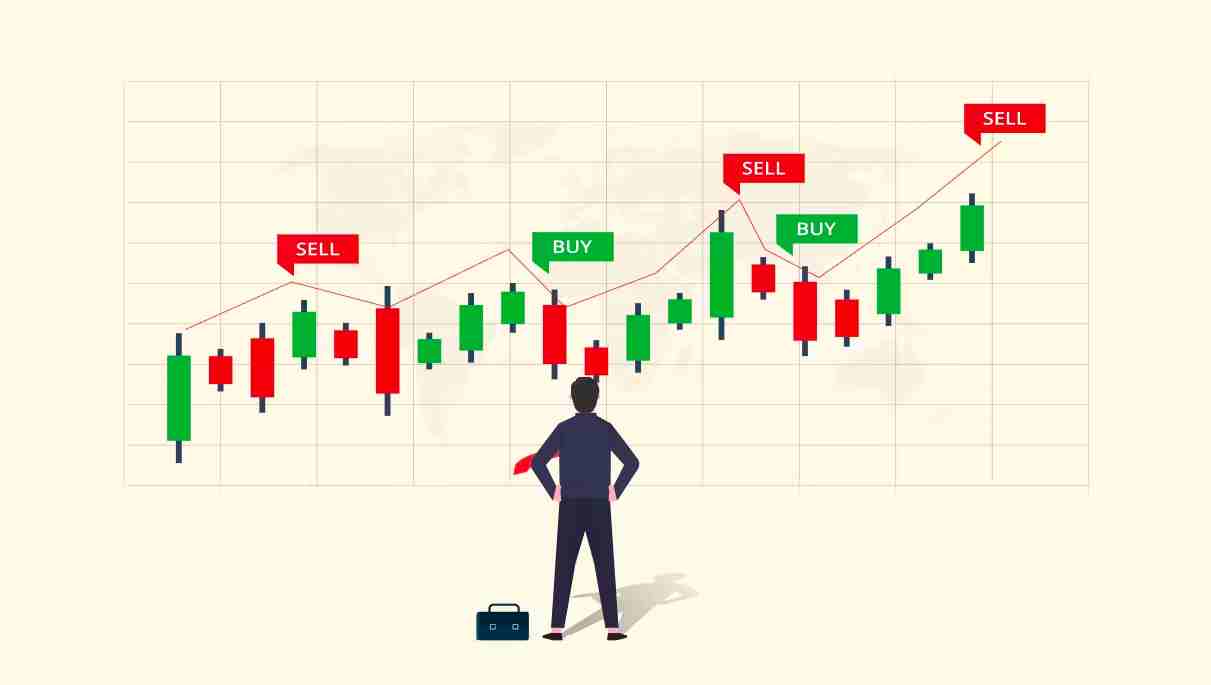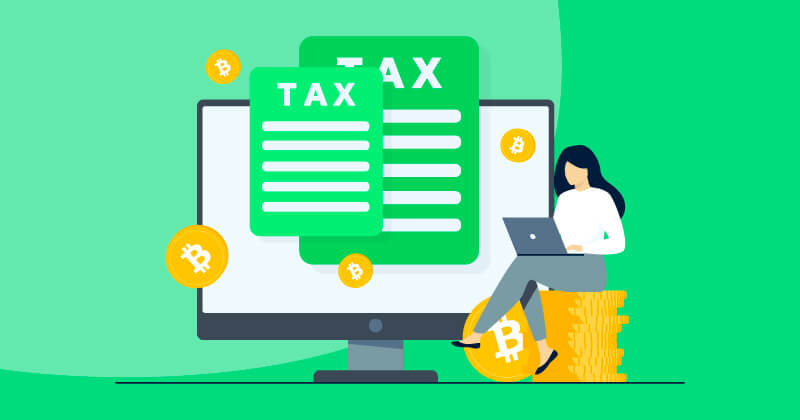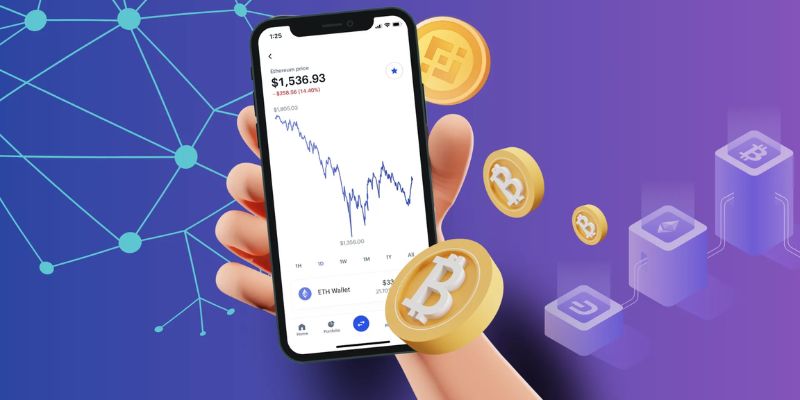In the world of digital currency, Verification processes on crypto exchanges are a big deal. They keep your money safe and bad guys out. But it can feel like you’re jumping through hoops just to trade your favorite coin. Don’t worry; I’m here to make sense of it all. From showing your ID to more advanced steps, I’ll explain why each part matters. You’ll learn how to balance privacy with the rules of the game. Let’s dive into how these checks work and why they’re your online trading armor.
Understanding the Basics of Verification on Crypto Exchanges
The Significance of Crypto Exchange ID Requirements
Government-Issued ID Checks for Trading
When you start trading on a crypto exchange, you need to show who you are. This means giving a valid ID from your government. It stops bad actors and keeps your account safe. A photo ID like a passport or driver’s license can work. Sometimes, you also need to show a bill or bank statement to prove where you live. It’s a must for keeping your money and identity safe online.
The Role of KYC Protocols in Digital Currency Trading
Account Approval Process on Exchanges
Know Your Customer or KYC is all about getting to know traders. Exchanges do this to make sure they follow the rules. This means checking your identity and where your money comes from. Each step is there to stop money laundering and protect everyone using the platform.
For you, the process starts with sharing some personal info. You fill out forms and upload your ID and maybe a photo. They want to see your face to match it to your ID. Checks happen fast, but sometimes more info is needed for big traders or if laws change.
During this KYC phase, multi-factor authentication might kick in. This adds another layer of security to your account. It’s like having a special code on top of your password. This way, only you can get into your account.

For those living in different places, there might be extra rules. This is why an exchange asks where you live. Based on your location, they need to meet different laws. So your proof of residence is a key part of the puzzle.
And what if you’re a high-flyer, trading lots of digital currency? You go through an enhanced check. They look closer at your funds and trading habits. It’s for good reason too. It helps keep the platform safe for everyone.
Finally, biometric security might come into play. It means using your fingerprint or face to log in. No one else has your unique features, right? That’s why it’s super secure. But some folks worry about their privacy with this tech. The good news is exchanges work hard to protect your data while keeping bad guys out.
These checks and systems might seem like a lot. But they stand like guardians. They work around the clock to protect your trades and your cash. Next time you sign up or log in, remember these steps are for you. They offer peace of mind for your pockets and your presence in the exciting world of crypto trading.
Advanced Security Features and Compliance Measures
Implementing AML Compliance for Crypto Platforms
Due Diligence in Crypto Trading
When you trade crypto, exchanges check who you are. This stops bad acts. They ask for ID, like a driver’s license, to know you’re real. Then, they make sure you’re not trying to wash money.
AML rules make crypto safe. They track your money so no one can hide it. It’s like how banks watch for sneaky cash movements.
Exchanges do this with due diligence. They want to be sure they know their customers well. They check your past and your money’s past. This stops crime and keeps markets fair.
The Integration of Biometric Security in Cryptocurrency Exchanges
Multi-Factor Authentication in Crypto Trading
What keeps your crypto safe? Things like fingerprints and face scans. They make sure it’s you, not a thief.
We call this biometric security. It’s a part of keeping your account locked tight. Only your unique body signs can open it.
Then, there’s multi-factor. It’s like a combo lock. You need a few keys to get in. One might be your password. Another might be a message sent to your phone.
Crypto sites use these to protect your coins. They ask for more than just a password. They might ask for your fingerprint too, or to see your face. Even if someone knows your password, they can’t get in.
This combo makes trading crypto much safer. Bad guys have a hard time breaking through. This means you can trade without worry. It’s all about keeping your money out of the wrong hands.
Security is number one for crypto sites. They use strong tech to check who you are. And they follow rules made to stop money crimes. Together, these keep your trading safe and fair.
Navigating the Different Levels of User Verification
Understanding Verification Tiers in Digital Asset Trading
When you start trading digital assets, you face layers of checks, or “verification tiers.” They’re like steps. The first tier usually asks for your name, birthday, and email. Now, why bother with these details? Well, it’s all about who you are and keeping you safe from fraud.
Enhanced Verification for High-Volume Traders
For folks trading big amounts, there’s enhanced verification. Here, we’re talking step two. You might need to show your ID or a bill with your address. This helps them make sure you’re the real deal. It’s strict, but it’s for a good reason. It stops bad guys in their tracks and keeps your coins safe.
Geographic Restrictions and Proof of Residence for Exchange Users
Crypto knows no borders, right? Well, sort of. Exchanges often must follow where you live rules, or “geographic restrictions.” It’s not to bug you—it’s the law. They need to know where you call home to stay within those rules.
Age Verification for Crypto Exchange Users
Yes, age matters in crypto, too. “Am I old enough?” is a key question. Exchanges must make sure you’re not too young to join. It’s like how some games need you to be a certain age to play. They check this the same way you might show you’re old enough for a movie – with ID.
Each step of verification helps keep you and your trading safe. It can feel like a game of show and tell with your personal stuff. But think about it like this: it’s a shield against the bad, keeping your crypto journey smooth and secure.
Balancing User Privacy with Regulatory Requirements
Confronting Privacy Concerns with Exchange Verifications
When you join a crypto exchange, they ask for some personal info. This is not to be nosy. It’s to follow the law. I know you may worry about your privacy. I get it. But, I also understand why it’s needed. And I’m here to explain.
Crypto service providers use face recognition a lot these days. It sounds high-tech, and it is. It checks your face against a picture ID. This keeps your account safe from hackers. Now, you may think, what about my privacy? Don’t worry. Most exchanges use this tech smartly. They care about keeping your details safe.

Face recognition helps stop bad guys from using crypto for wrong doings. But it also means nobody else can pretend to be you. You see, if someone tries to get into your account, this tech will stop them. Your face is like a secret key. It’s unique, just to you.
In short, crypto platforms use face recognition to help make sure everyone’s identity is real. This helps keep your money and identity safe. Yeah, it feels a bit much giving away your face to a computer. But, as an expert, I can say it’s all to protect you.
The Importance of Compliance Audits for Cryptocurrency Exchanges
Another thing exchanges do is a compliance audit. What’s that? It’s like a big checkup. They make sure everything’s on the up and up. This means looking at records and seeing if they meet all the rules. Why do they do it? To make sure they’re not helping any bad actions, like money laundering.
For this task, many exchanges turn to third-party services. These are groups that specialize in checking all is correct. Think of it as a teacher looking over a test. This ensures the exchange’s hands are clean by independent eyes. It shows us they are serious about doing things right. So, when an exchange uses these services, it’s another tick for trust.
KYC stands for “Know Your Customer.” It makes sure trades are fair and legal. This means document checks and ID confirmations. Just like at the bank. It makes sure no one with bad intent can mess with your trades or money.

AML is “Anti-Money Laundering.” It’s a batch of rules that stop dirty money from moving around. Exchanges follow these rules to spot and stop bad money activities. It’s a big deal in keeping crypto trading clean.
All in all, audits and third-party checks are there for you. They help make sure that when you trade crypto, you do it in a secure, law-following place. A place that cares about your privacy. Remember, these steps may seem like a hassle. But they make sure your crypto journey is as safe as it can be.
In this post, we’ve walked through the crucial steps of verification on crypto exchanges. From the must-have ID checks to the high-tech biometric security, it’s clear that staying safe is key in digital currency trading. We learned why exchanges ask for your info, like photos and proof of where you live.
You now know about KYC protocols, what AML rules mean for your trades, and why these steps matter so much. For those trading a lot, we uncovered the need for more checks. For new traders, we showed how to start. We looked at how exchanges balance your need for privacy with the law’s tough rules.
Remember, all this helps keep your money safe and the bad guys out. It’s a part of the trade you can’t skip. Trust is what makes a great exchange. Stick with places that take these steps, and you’ll trade with peace of mind. Happy trading!
Q&A :
What are the common verification processes on crypto exchanges?
To ensure the security and regulatory compliance of their platforms, crypto exchanges typically implement several verification processes. Most exchanges start with a basic KYC (Know Your Customer) procedure which involves submitting personal information such as name, address, and a government-issued ID. Additionally, users may be asked to complete facial recognition steps, provide proof of address, and answer verification questions related to their intended crypto activities.
Why do crypto exchanges require identity verification?
Crypto exchanges require identity verification primarily to comply with anti-money laundering (AML) laws and combat the financing of terrorism (CFT). These regulations help prevent fraudulent activities and ensure a secure trading environment. Verification also serves to protect the users’ accounts from unauthorized access and helps the exchange track responsible parties in case of a dispute.
How long does the verification process on a crypto exchange usually take?
The time taken for the verification process on a crypto exchange can vary greatly, ranging from a few minutes to several weeks. Automated verification methods can sometimes provide immediate results, while manual verification or additional documentation requirements can extend the processing time. The duration also depends on the exchange’s user volume and the thoroughness of their verification procedures.
Can you trade on a crypto exchange without completing the verification process?
Usually, unverified users are subject to certain limitations on crypto exchanges. They may be allowed to trade but with restrictions such as lower withdrawal limits or limited access to certain features or cryptocurrencies. Full trading capabilities generally require the completion of the necessary verification processes.
Are there any risks involved in providing personal information to crypto exchanges?
As with any online data sharing, there is a risk associated with providing personal information to crypto exchanges. Reputable exchanges use strong security measures such as encryption and secure data storage to protect user information. However, users should always be cautious and conduct due diligence on an exchange before submitting their details. It’s also advisable for users to enable additional security measures like two-factor authentication (2FA) to secure their accounts further.


